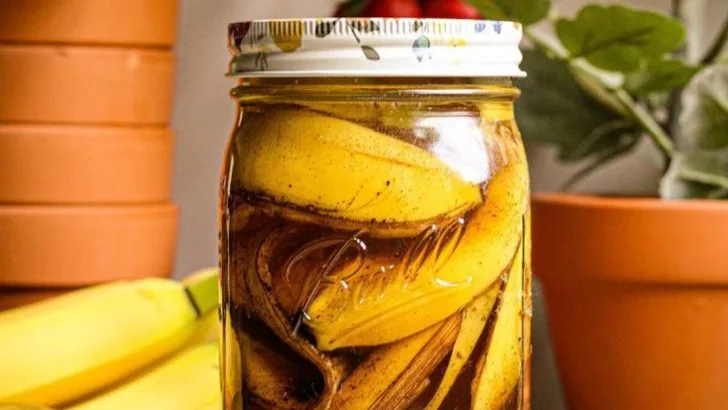Think you need a shed full of tools to have a thriving garden? Think again. Some of the best gardening tricks don’t require a single gadget—just a little creativity, a few everyday items, and some clever shortcuts that seasoned gardeners swear by.
Whether you’re just getting started or you’re a long-time plant lover tired of lugging tools around, these hacks make garden life easier, faster, and surprisingly more fun. And best of all? Most of them use things you already have lying around the house.
From how to plant straighter rows with zero measuring to genius ways to water without a watering can, these 15 no-tool tricks will change the way you garden—and probably make you wonder why no one told you sooner.
Eggshell Seed Starters
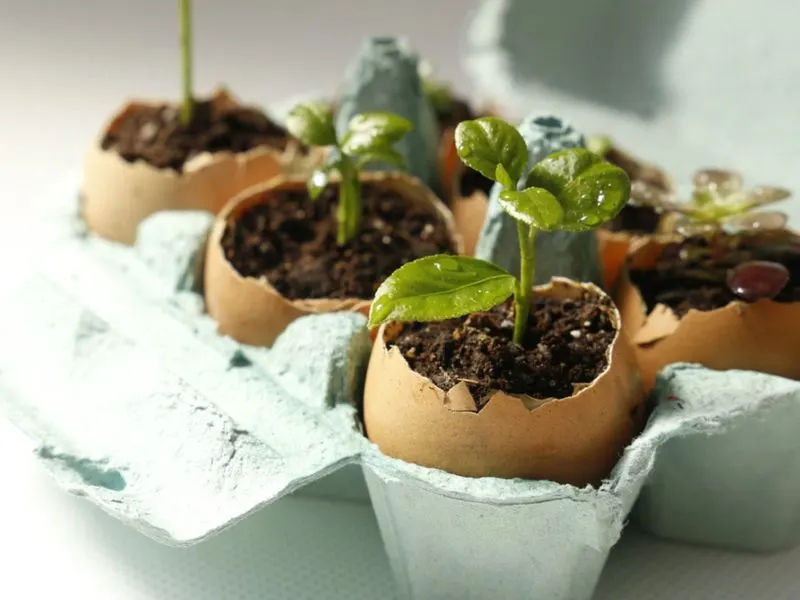
Crack open your morning eggs and consider their shells as potential plant incubators. Using eggshells as seed starters is a brilliant way to recycle waste while giving your seeds a calcium-rich start. Simply fill each half with soil, plant your seed, and place them in a sunny spot. When it’s time to transplant, crush the shell slightly and bury it with the plant. The eggshell will decompose, enriching the soil with valuable nutrients. This eco-friendly method is perfect for gardeners looking to minimize waste while nurturing new life.
Compost Tea Booster
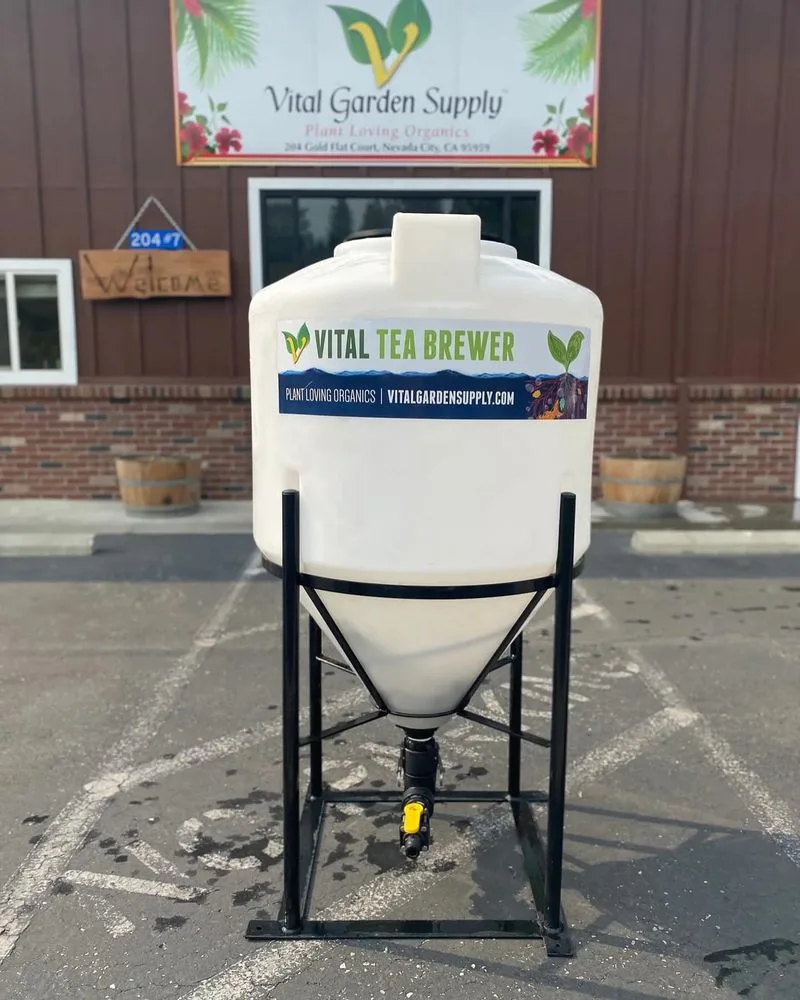
Brewing compost tea isn’t just an art but an effortless way to boost plant nutrition. Fill a container with water and a small bag of compost, letting it steep like a fine tea. After a few days, you have a nutrient-rich liquid ready to invigorate your garden. This elixir is perfect for giving plants a mid-season lift or reviving those looking a bit drab. Compost tea can be applied directly to the soil or as a foliar spray. It’s a simple yet effective strategy for gardeners keen on maintaining vibrant plant health.
Banana Peel Fertilizer
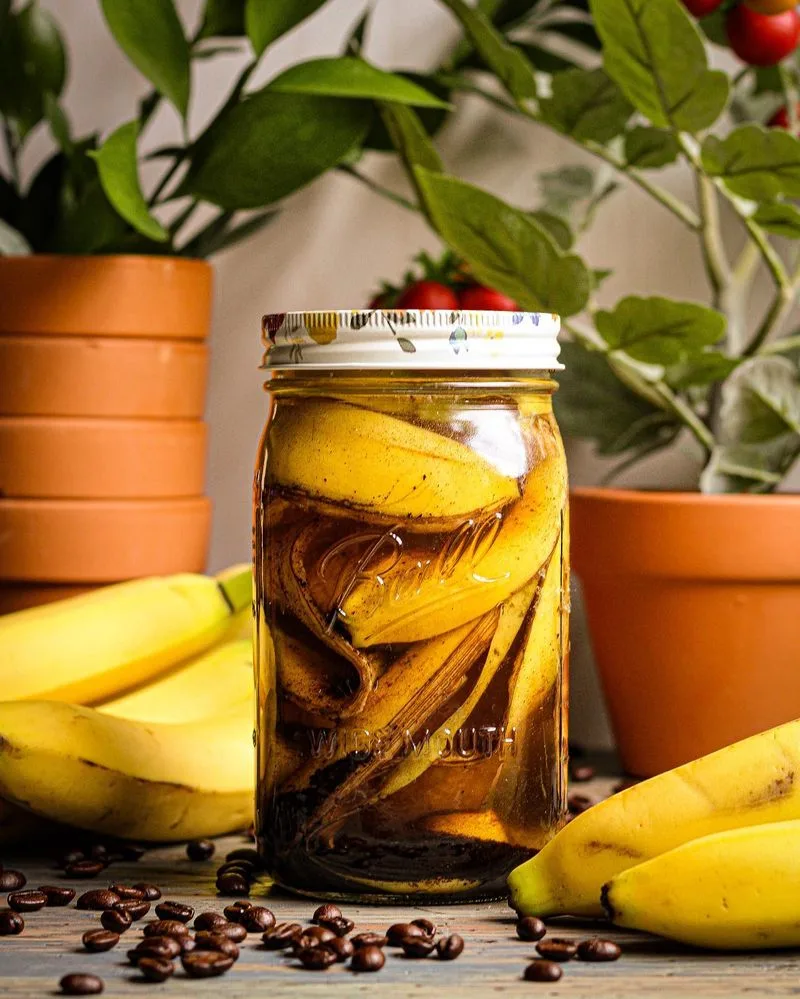
Before tossing banana peels into the compost, consider their potential as a natural plant feed. Rich in potassium, they can be chopped and mixed into the soil or soaked in water to create a gentle fertilizer. This method is particularly beneficial for flowering plants and vegetables, encouraging stronger blooms and growth. The nutrients break down slowly, providing a steady supply of nourishment. Incorporating banana peels into your plant care routine is a cost-effective, organic way to enhance your garden’s beauty.
Newspaper Weed Barrier
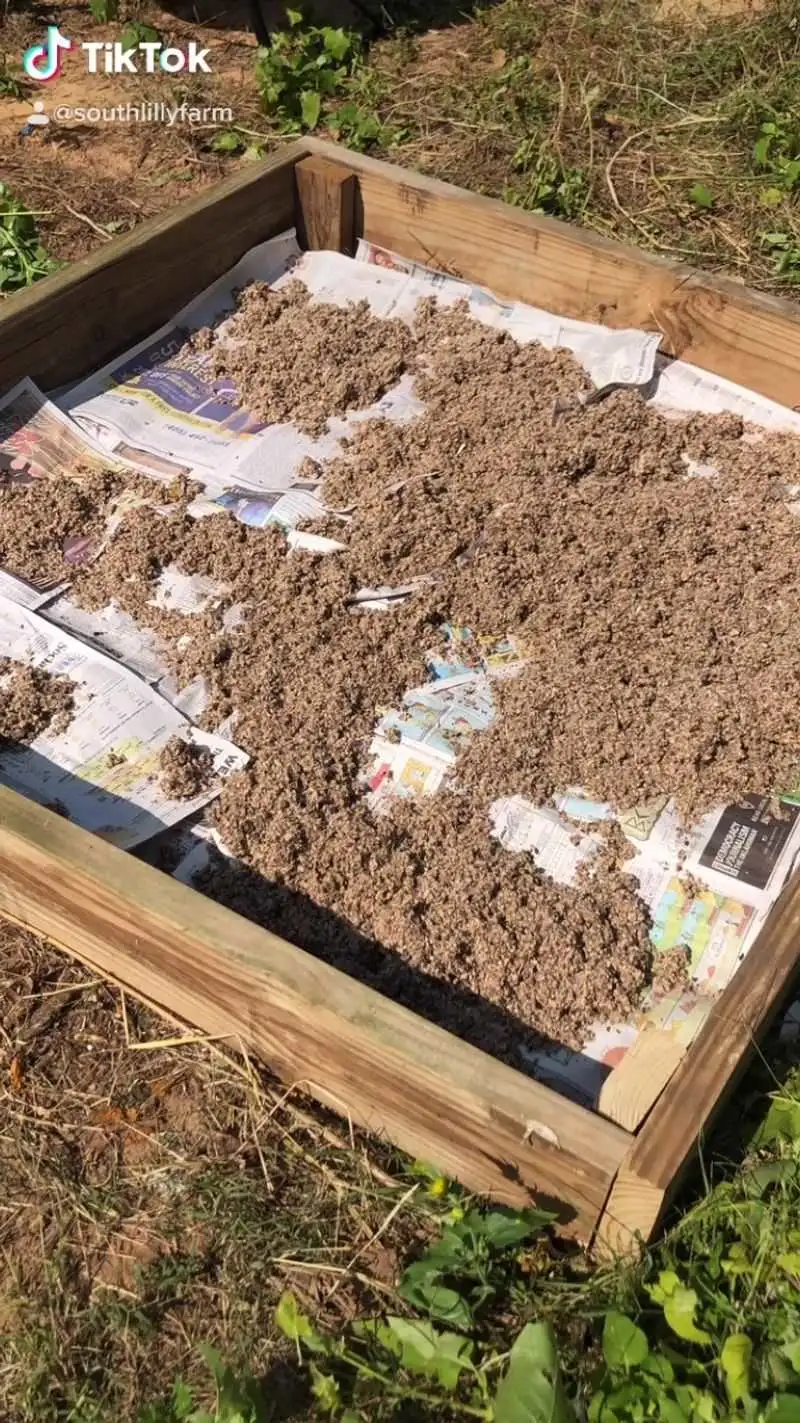
Old newspapers can be repurposed into an effective weed barrier. Layered between soil and mulch, newspaper prevents light from reaching weeds, hindering their growth. Over time, the paper decomposes, adding organic matter to the soil. This technique is a sustainable alternative to synthetic weed barriers, making it an eco-friendly choice for gardeners. Not only does it suppress unwanted growth, but it also helps retain moisture, creating a beneficial microenvironment for your plants.
Coffee Grounds Mulch
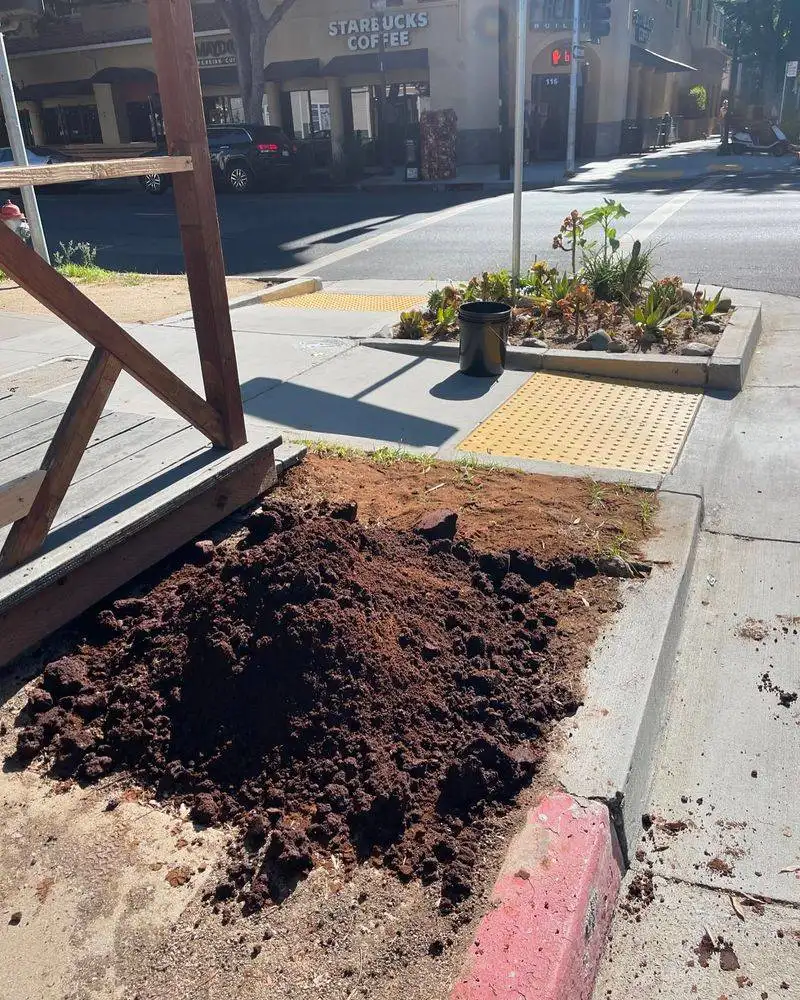
After brewing your morning coffee, don’t discard the grounds. Instead, use them as mulch around acid-loving plants like roses and azaleas. Coffee grounds improve soil texture, enhance drainage, and attract earthworms, which are beneficial for soil health. Additionally, they can deter pests due to their subtle acidity and texture. By incorporating coffee grounds into your gardening routine, you’re not only enriching your soil but also reducing household waste.
Vinegar Weed Killer
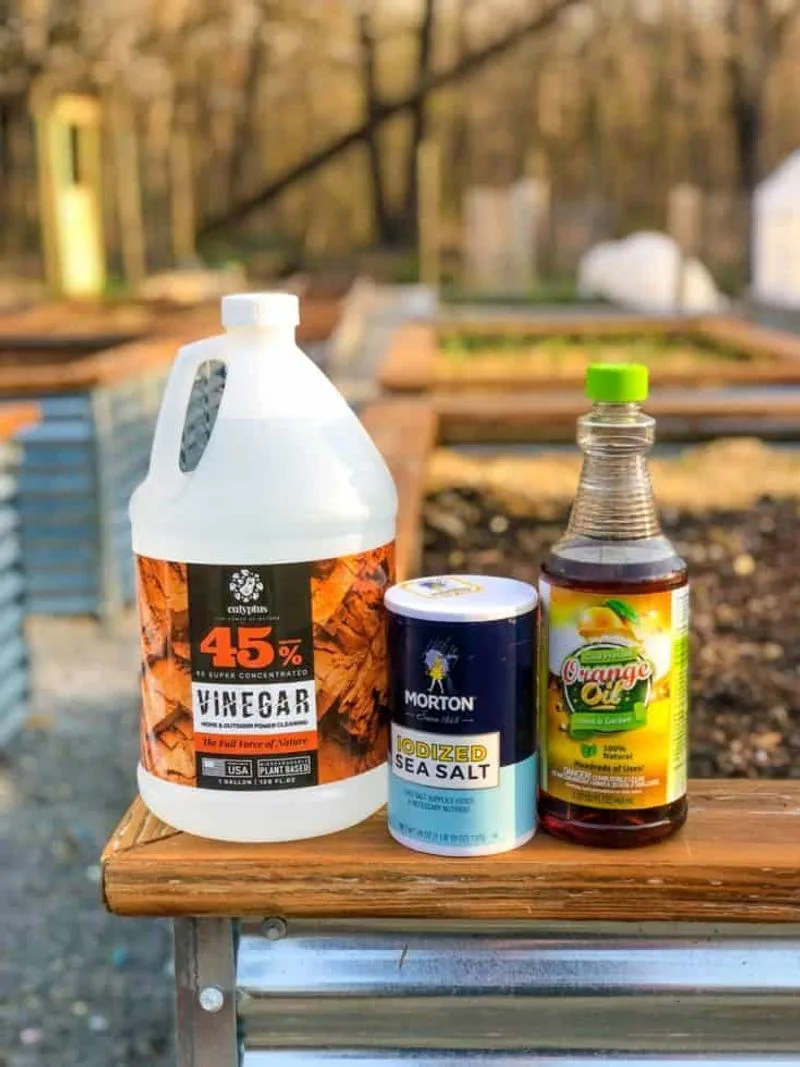
Common household vinegar can double as an effective weed killer. Its acetic acid content makes it potent against unwanted plants. Simply spray undiluted vinegar onto weeds during the sunniest part of the day for best results. This method is a safe, non-toxic alternative to chemical herbicides, making it ideal for families and pets. Regular application might be necessary for stubborn weeds, but it’s a small effort for a chemical-free garden.
Cinnamon Fungicide
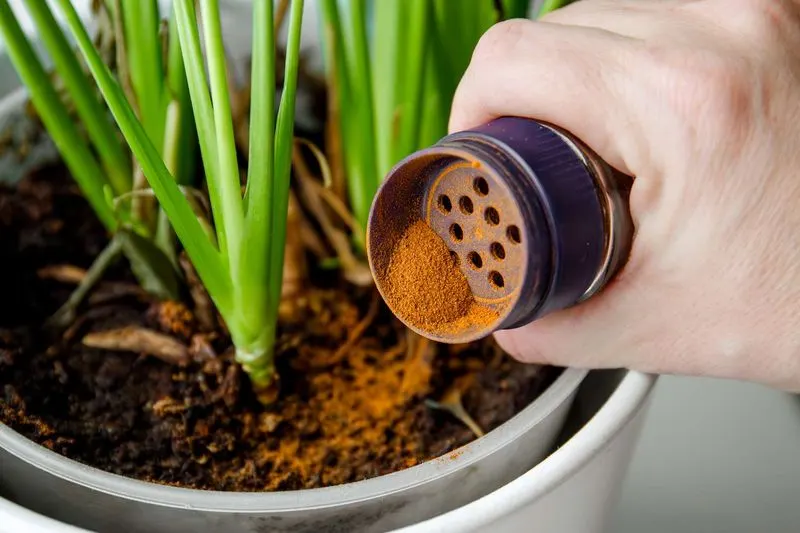
Cinnamon isn’t just for spicing up your desserts. It’s a natural fungicide that helps prevent damping-off in seedlings. By sprinkling a little cinnamon on the soil surface, you can inhibit the growth of fungi and bacteria, protecting young plants. This aromatic spice is a gentle alternative to commercial fungicides and can be used regularly without harming your plants. Cinnamon ensures your seedlings get a healthy start, free from fungal threats.
Epsom Salt Plant Food
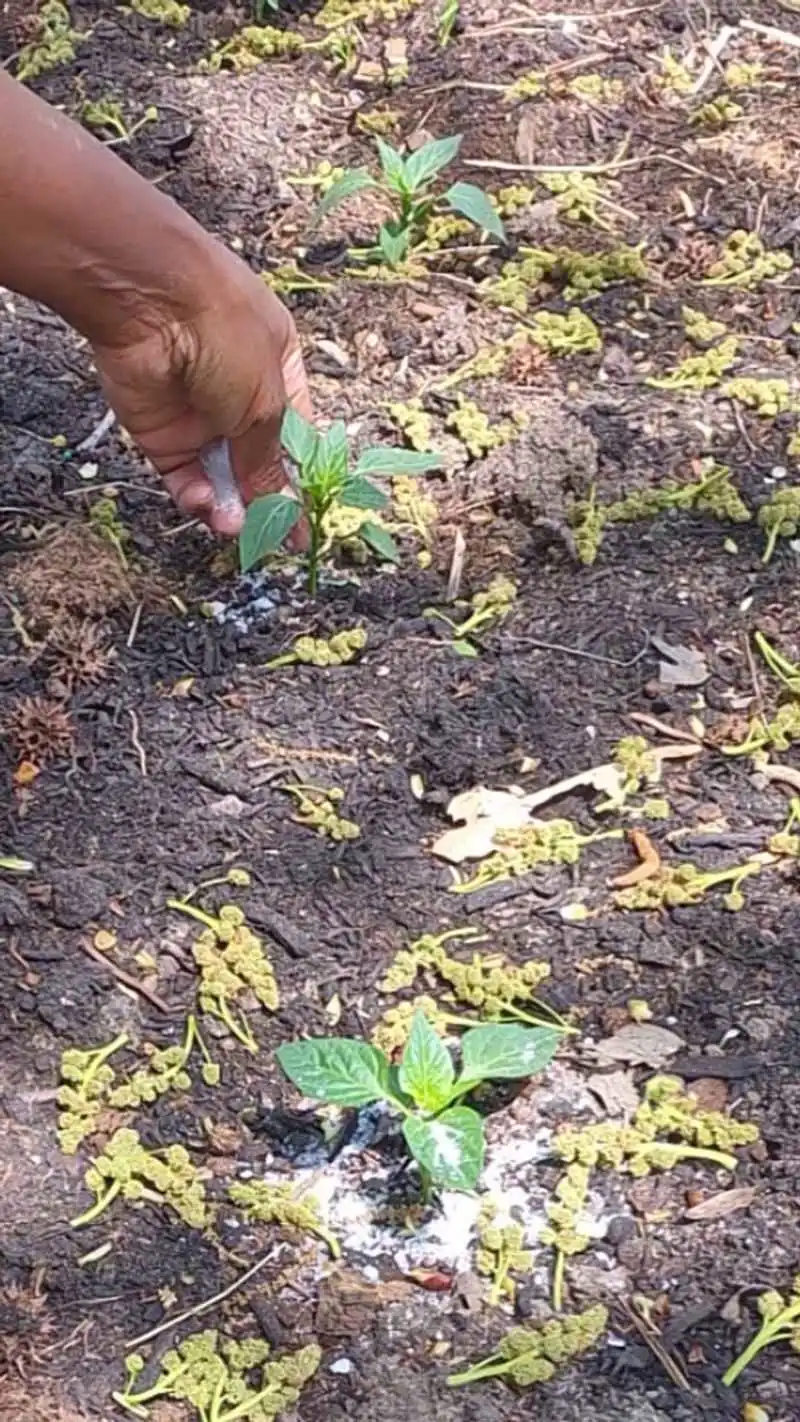
Epsom salt, a gardener’s secret weapon, is rich in magnesium, essential for plant health. Dissolve it in water and use it as a foliar spray or soil drench. This can help improve nutrient uptake, particularly in tomatoes, peppers, and roses. Epsom salt encourages lush foliage and vibrant blooms, supporting overall plant vitality. It’s an inexpensive and accessible way to supplement your plant care regimen. Regular use can lead to noticeable improvements in plant growth and health.
Aloe Vera Plant Aid
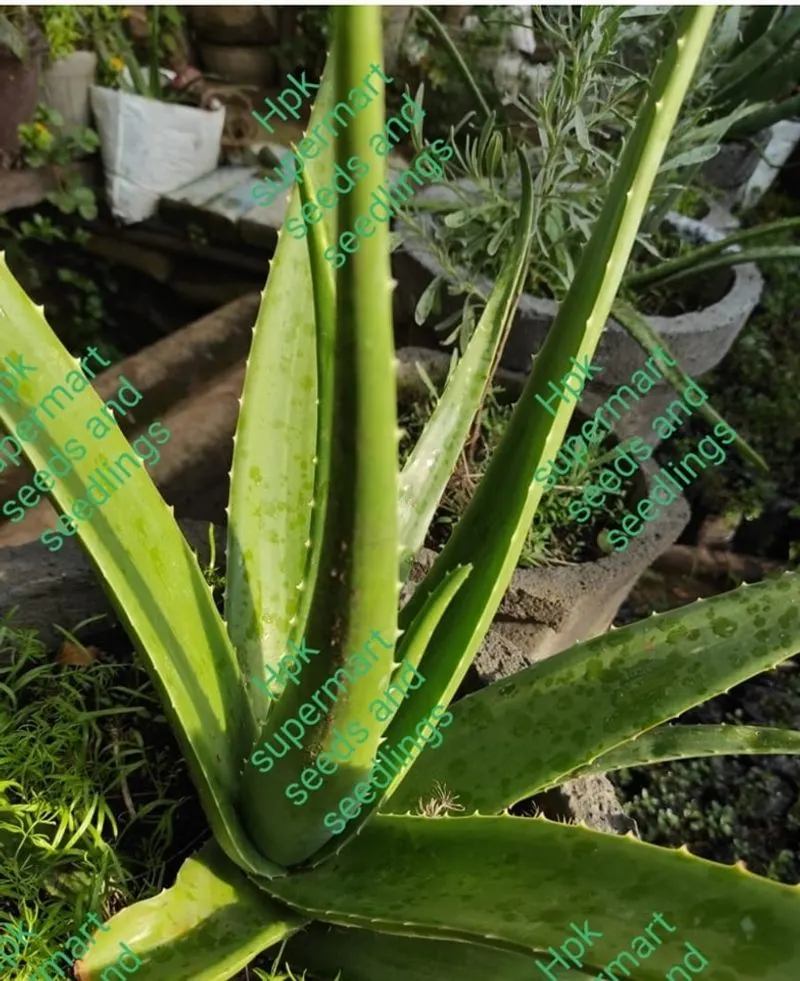
The soothing properties of aloe vera extend beyond skincare. Its gel can be used as a natural rooting hormone for plant cuttings. Simply dip the cut end of a cutting into the gel before planting it in soil. Aloe vera aids in root development and reduces transplant shock, giving new plants a stronger start. This natural method is ideal for gardeners seeking chemical-free solutions. It’s a simple yet effective way to ensure successful propagation.
Baking Soda Mildew Control
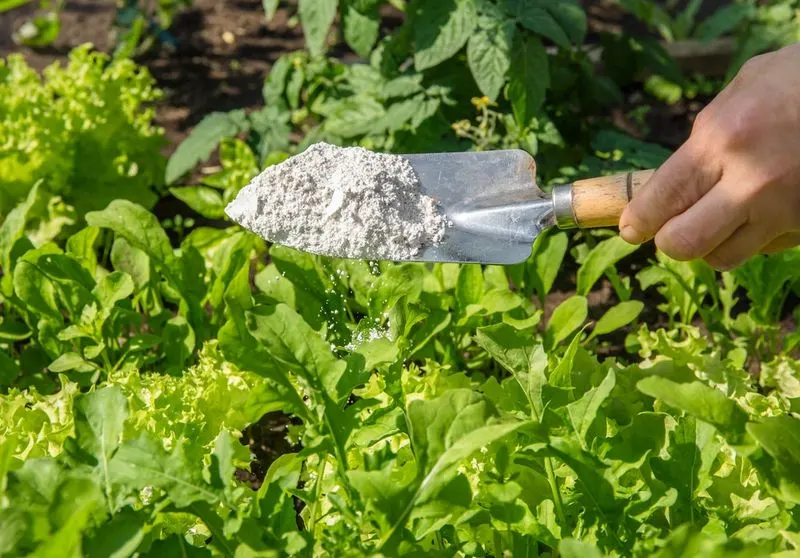
Baking soda is a versatile pantry staple that can combat powdery mildew on plants. Mixing it with water and a bit of liquid soap creates a spray that helps control mildew spread. This method is effective on vegetables, roses, and other susceptible plants. Baking soda alters the pH on leaf surfaces, making it inhospitable for mildew. Regular application is key to keeping plants mildew-free. It’s a practical, non-toxic alternative for maintaining plant wellness.
Milk Antifungal Spray
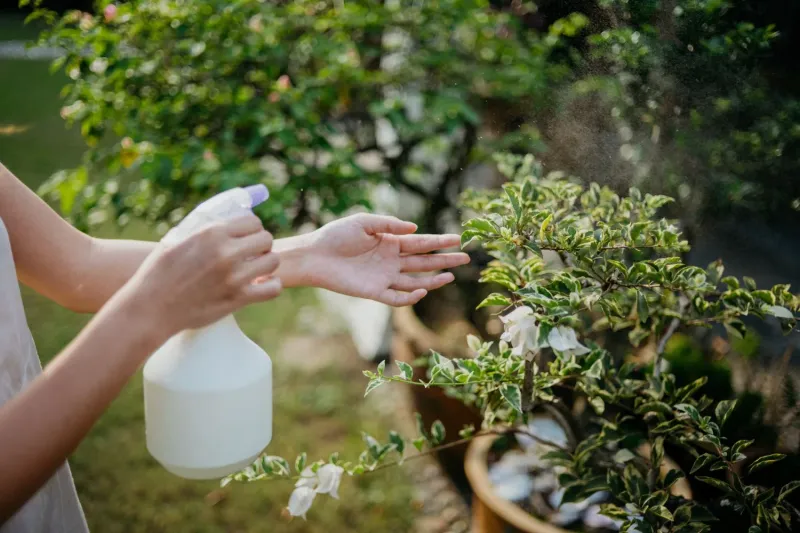
Milk, the breakfast staple, doubles as an antifungal treatment for plants. Dilute milk with water and spray it onto leaves to combat fungal infections. It’s particularly effective against powdery mildew and black spot. The proteins in milk act as a natural fungicide, disrupting the fungal lifecycle. This eco-friendly solution is gentle on plants and safe for the environment. Using milk as an antifungal spray is a simple, accessible way to protect your garden’s health.
Lemon Juice Pest Deterrent
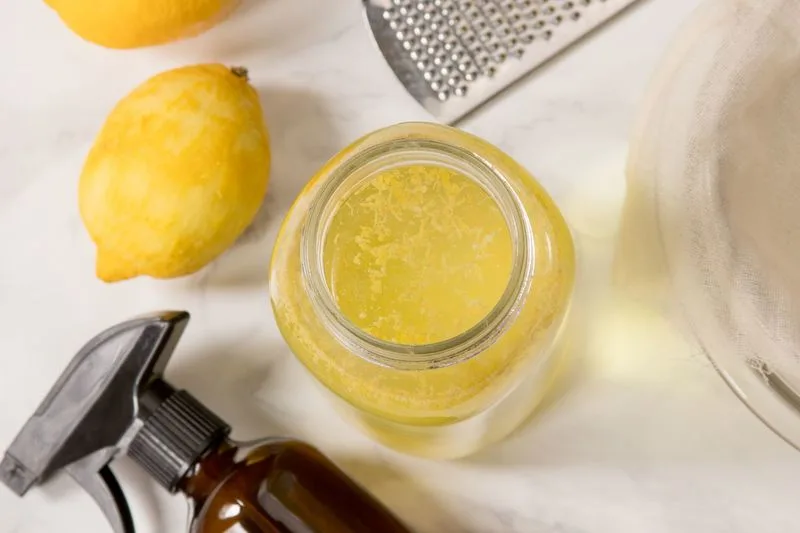
Lemon juice, with its acidity, can deter pests like aphids and ants. Mix it with water and apply it to the affected areas. The strong citrus aroma and acidity create an unwelcome environment for these pests. This method is particularly useful for protecting fruit trees and vegetable gardens. Lemon juice offers a natural, chemical-free way to safeguard plants from unwelcome visitors. It’s an easy, household remedy for maintaining garden integrity.
Garlic Spray Insect Repellent
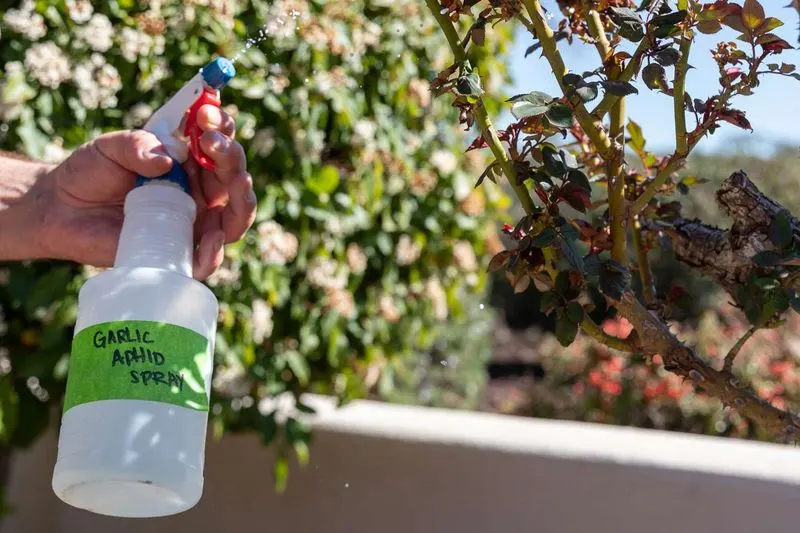
Garlic’s potent aroma isn’t just for culinary use; it repels a variety of garden pests. Create a spray by blending garlic cloves with water. This natural repellent can be applied to plants, deterring insects like aphids and beetles. It’s a safe alternative to chemical pesticides, providing protection without harmful residues. The strong scent masks plant aromas, confusing pests. Utilizing garlic spray is an effective, organic way to keep your garden pest-free.
Sugar Water for Seedlings
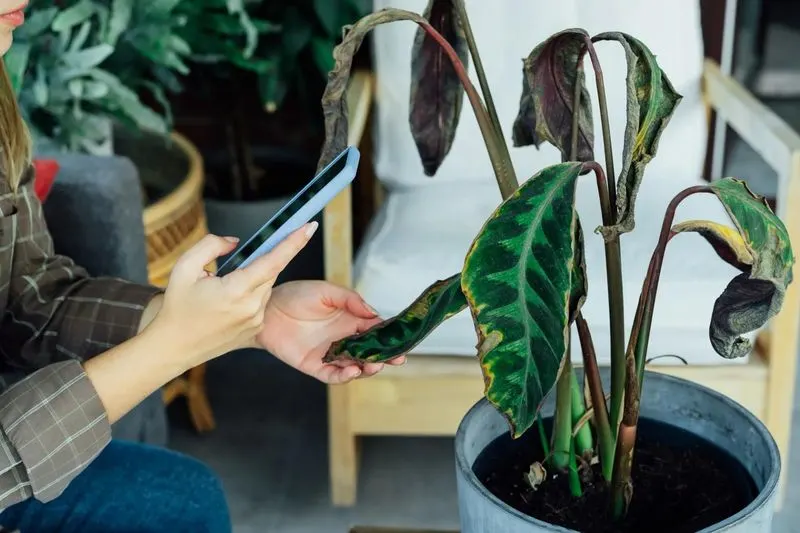
A touch of sweetness might be what your seedlings need for a growth spurt. Dissolving sugar in water creates a solution that can fortify young plants. Sugar provides a quick energy source during critical growth phases, helping strengthen roots and foliage. This approach is particularly effective for plants showing signs of stress or slow development. It’s a simple, natural way to give seedlings a boost without relying on synthetic fertilizers.
Boiling Water Weed Control
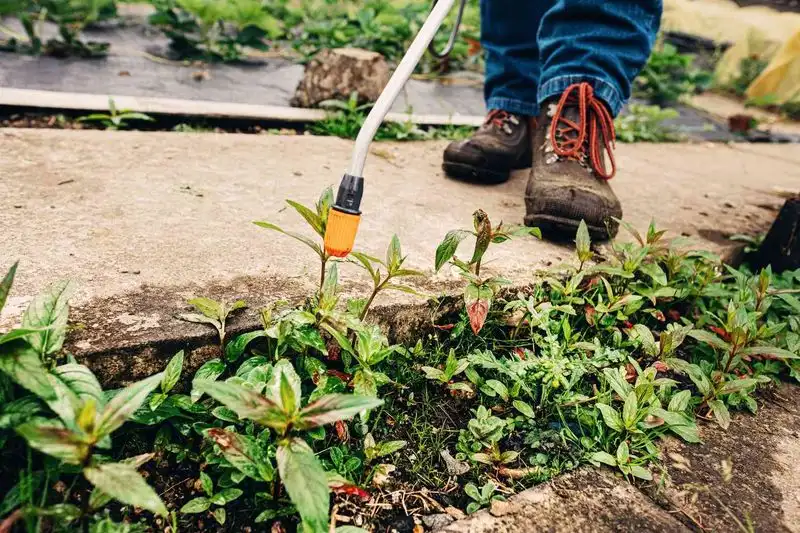
Hot water, a surprising yet effective weed killer. Pour boiling water directly onto the weeds to scald them, effectively killing them down to the roots. This method is most effective on young weeds and in areas like pathways and driveways. It’s a chemical-free, straightforward approach to weed management. While it may require repeated applications, it offers a safe option for areas where children and pets play. This tactic supports a cleaner and safer environment.

